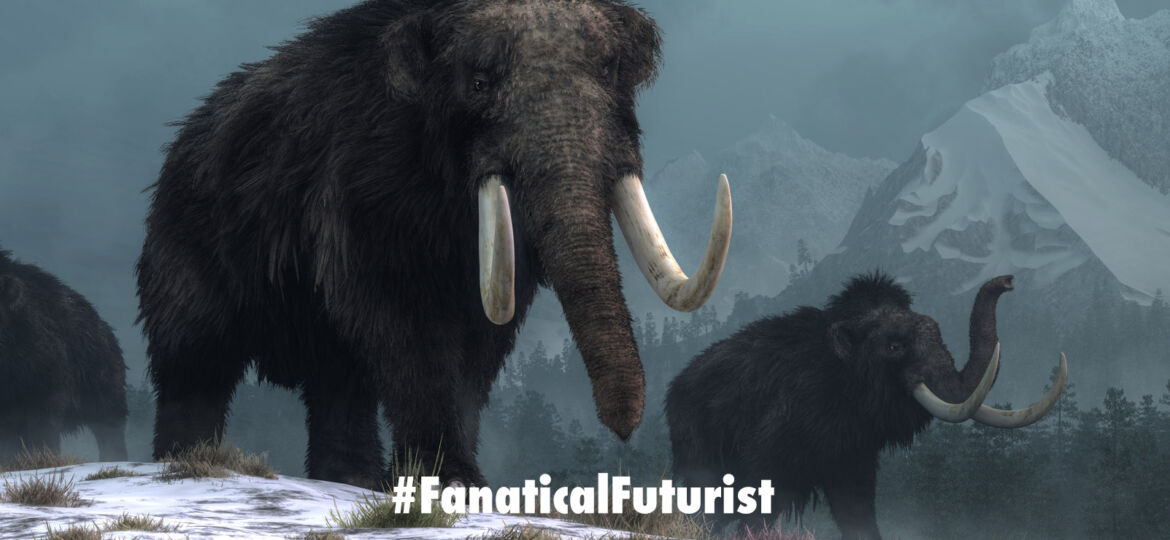
WHY THIS MATTERS IN BRIEF
Many scientists see de-extinction, as well as immortality and re-incarnation, as a mystery we simply haven’t solved yet.
In a world rife with movie plotlines about bringing extinct animals back from the dead, and actual scientists thinking about actually doing it, scientists in Osaka, Japan have announced they’ve succeeded in prodding cells from a 28,000 year old woolly mammoth into showing signs of “limited biological activity,” with samples showing the biological reactions that precede cell division once implanted into mouse egg cells. And while many people might see this advance as helping us, one day, bring wooly mammoths back from the dead, it might also give us a significant leg up when trying to find novel ways to bring astronauts on deep space missions out of suspended animation and deep sleep.
The mammoth, nicknamed “Yuka,” was discovered in Siberia’s permafrost in 2010. Although their research, published in the journal Scientific Reports, did not find that the cells were fully activated, their successes left them optimistic for future efforts in evaluating the “biological activities of nuclei in extinct animal species.”
In an interview with AFP, team member Kei Miyamoto of Kindai University noted that despite the fact that they had yet to see cell division, their research “suggests that, despite the years that have passed, cell activity can still happen and parts of it can be recreated.”
Miyamoto was cautious, however, in exciting any Jurassic Park fans hoping to visit a live mammoth in the near future.
“We have also learned that damage to cells was very profound,” Miyamoto added. “We are yet to see even cell divisions. I have to say we are very far from recreating a real, living mammoth.”
Nevertheless, Miyamoto told the Nikkei Asian Review, the Kindai University research represented a “significant step toward bringing mammoths back from the dead.”
Miyamoto and his team are not the first to explore the potential hidden in cryonically preserved mammoths. As of 2018, Harvard University scientist George Church was hard at work with the Harvard Woolly Mammoth Revival Team to create elephant-mammoth hybrids in an effort to undo some of the ecological damage done by humans, while in 2014, a team from South Korea were collecting DNA samples from a 40,000-year-old mammoth also discovered in Siberia’s permafrost.
















